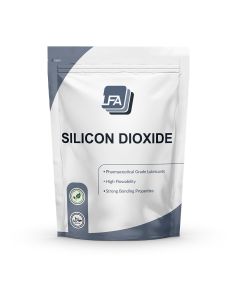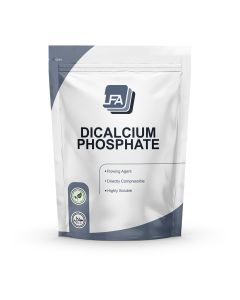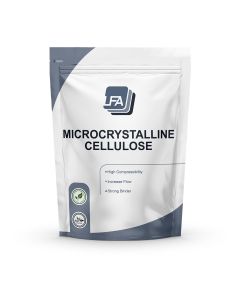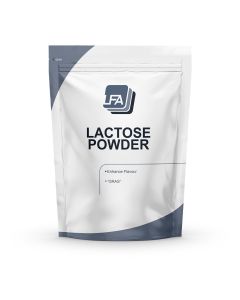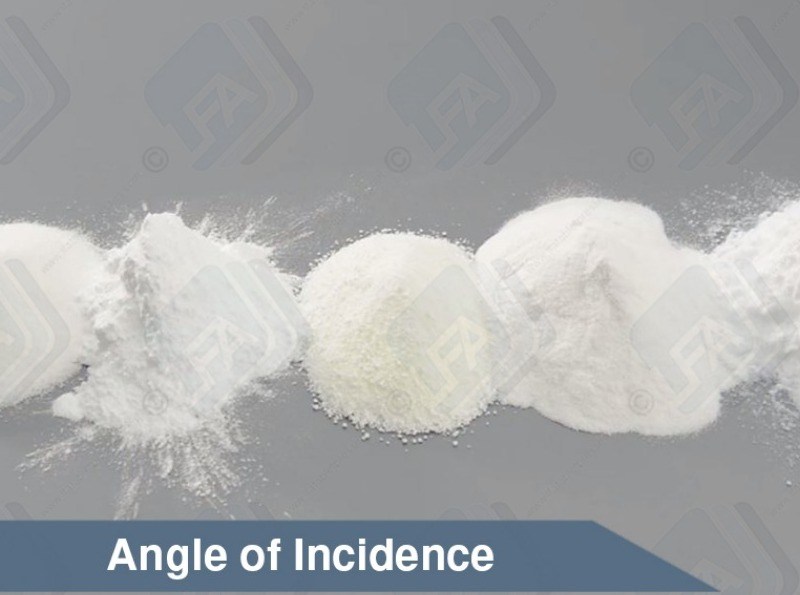Mix Validation - Making a Tablet Mix
Mix Validation
What is validation and why is it necessary?
Validation is establishing documented evidence which provides a high degree of assurances that a specific process or equipment will consistently produce a product or result meeting its predetermined specifications and quality attributes. This video focuses on the process of dry mixing of powders, as one of the steps in producing tablets. Validation can, therefore, be applied to the dry mixing process itself, as well as the overall manufacture of tablets.
What are the benefits of validation?
Successful validation of process and equipment provides a high degree of assurance that a consistent level of quality is maintained in each unit of the finished product from one batch to another batch. Successful validation of a process can result in a reduction of sampling and testing procedures and hence fewer product rejections and the need for retesting. The lower rejection rate leads to cost-saving benefits. For compliance to current good manufacturing practices, validation is essential.
How important is validation of dry mixing in the tablet production process?
Dry mixing is usually the first step in tablet production and it is therefore of paramount importance that the quality of the mix is of the highest standard if high-quality tablets are to be produced.
How to validate?
Once your mix has been made and you’re ready to test, first place the mix into a mixer and start. Time your mixer, every 10 minutes stop your mixer, take out 10mg of your mix and place into a small container. Do this up to 1 hour and these samples will be sent to a 3rd party validation specialist which will test your mix. The reason we take samples every 10 minutes is to find the sweet spot for your mix, to ensure you’re tablet mix is mixed enough but not TOO much. We suggest initially sending the sample from around the 30-minute mark into your test and this will give you a middle ground to see which direction your mix needs to go in, either mixed less or more. You can then send further samples once you know which direction you need to go in. We suggest doing this because of cost implications, testing a mix can be expensive so the fewer samples you send the more cost-effective this process will.

